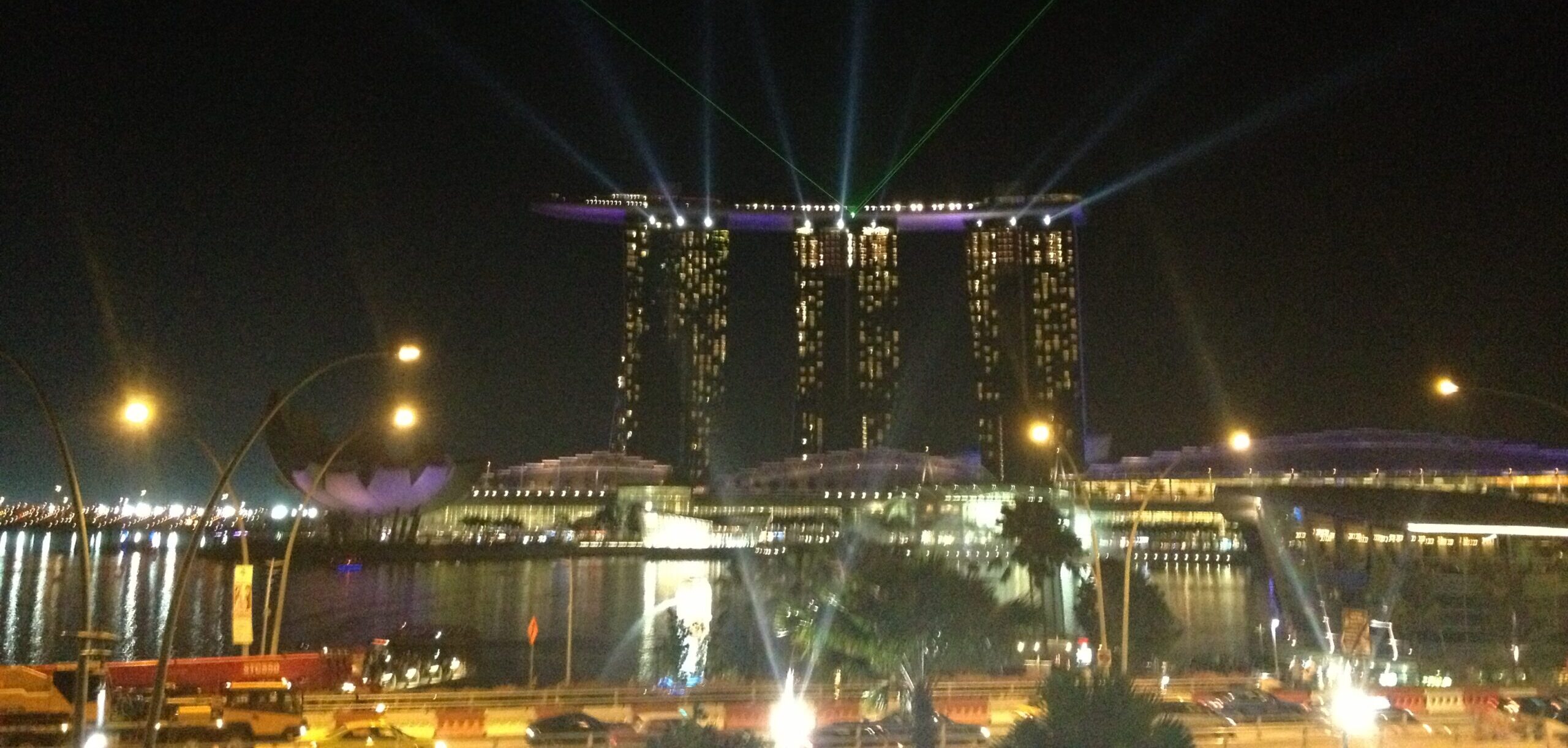This is a brief overview of Singapore’s telecoms regulatory environment, written from the perspective of an international lawyer*.
As with other jurisdictions, although a variety of statutes impact telecoms regulation, the key provisions can be found in one key piece of legislation – the Telecommunications Act (“Telecoms Act”). The Telecoms Act implements Singapore’s WTO commitments – Singapore has signed up to the telecoms reference paper. Whilst the Singaporean legislation is distinctly Singaporean, it draws on international best practice and uses both European (particularly the now repealed UK Telecommunications Act 1984) and US regulatory concepts.
Independent Regulator
The main regulatory body in Singapore is the Info-Communications Development Authority of Singapore (“IDA”) which wears the two hats of being both the regulator and promoter of the development of the ‘Infocomms’ sector.
Licensing
As was the case under the old UK Telecommunications Act 1984, the Singapore Telecoms Act starts by making it an offence for any person to ‘establish, install, maintain, provide or operate a telecommunication system or service within Singapore’ without a licence. This underpins the grant of an exclusive (subject to exceptions and licences) privilege granted to the IDA to operate and provide telecommunications systems and services in Singapore.
In relation to any proposed activity, it is possible to analyse the type of licence required by:
- Assessing whether the activity falls within the scope of the exclusive privilege granted to the IDA;
- Assessing whether the activity falls within the scope of the Singapore ‘self-provision’ exception; and
- Otherwise, assessing what type of licence is required. The two broad categories of licence in Singapore are Services-Based Operator (“SBO”) licences and Facilities-Based Operator (“FBO”) licences.
Interconnection
The Telecoms Act gives the IDA a discretion to publish codes that apply to licensees under the Act. The IDA has used that discretion to publish its Code of Practice for Competition in the Provision of Telecommunication Services 2012 (“TCC”), which imposes a duty on licensees to interconnect and governs the interconnection obligations of dominant licensees.
Definitions
The following terms have the following meanings in the Singapore telecoms regulatory regime:
telecommunications: ‘a transmission, emission or reception of signs, signals, writing, images, sounds or intelligence of any nature by wire, radio, optical or other electro-magnetic systems whether or not such signs, signals, writing, images, sounds or intelligence have been subjected to rearrangement, computation or other processes by any means in the course of their transmission, emission or reception’
telecommunication system: ‘any system used or intended to be used for telecommunications, including (for the avoidance of doubt) any such system capable of being used for the operation of any broadcasting service’
telecommunication service: ‘any service for telecommunications but excludes any broadcasting service’
*The writer is a solicitor of the Supreme Court of England and Wales and is neither qualified nor licensed to advise on Singapore law.
Last updated: 2013.

